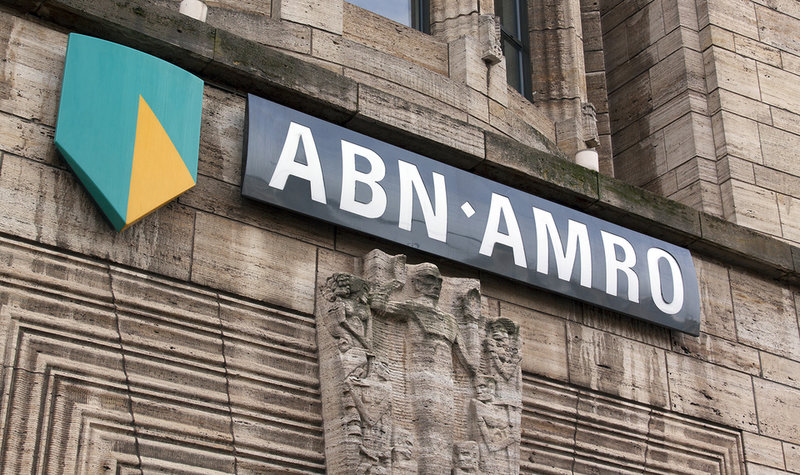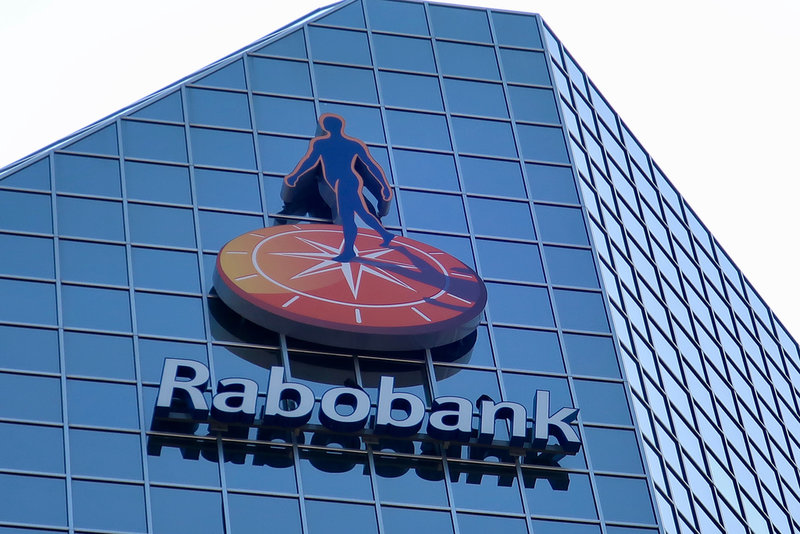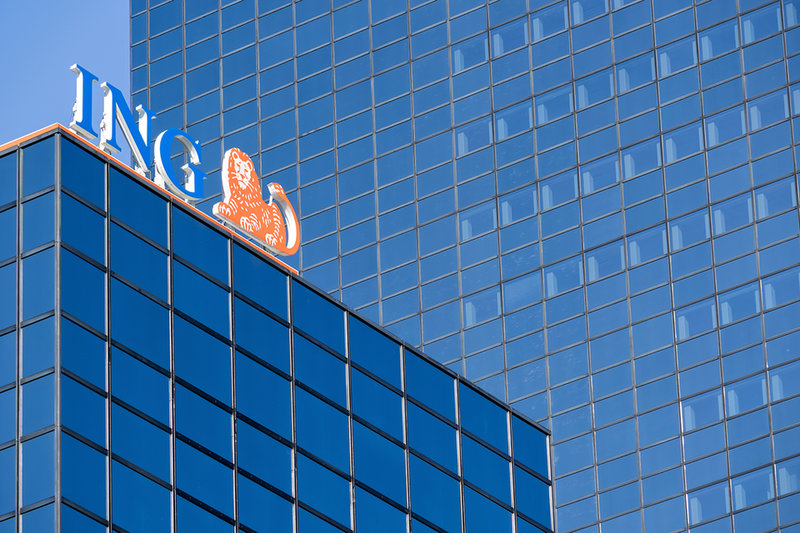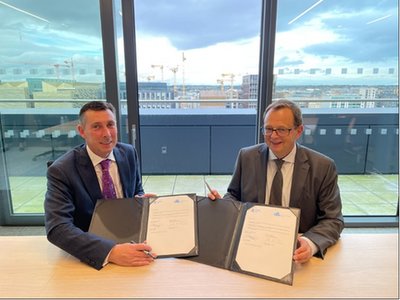Banks ING, Rabobank and ABN AMRO, (all with big European leasing arms), have provided credit worth €3.1bn over the past five years for commodities that often result in deforestation, such as soy, according to a recently released report by Friends of the Earth Netherlands and Dutch-based NGO Profundo.
The report, entitled Dutch Financing of Forest Risk Sectors, states that financial institutions from the Netherlands ranked ninth globally, but first among the EU member states. In the period 2016 to March 2021, Dutch financial institutions provided $3.7bn in loans and underwriting services to the selected forest-risk companies active in the selected countries.
More than half the loans and underwriting services provided to these companies were attributable to palm oil ($2bn). Soy accounted for 15 per cent of the identified Dutch forest risk financing ($537m) and cocoa 10 per cent ($357m). Most Dutch forest-risk loans and underwriting services were provided to companies active in Indonesia ($2.3bn, 63 per cent), followed by companies active in Brazil ($634m, 17 per cent).
In a statement to the press, Wouter Kolk, Friends of the Earth Netherlands says, “The approach of making financial flows more sustainable by means of voluntary commitments and policies is failing. While deforestation in Brazil has reached its highest level in 15 years, Dutch banks and pension funds continue to invest millions in the companies that profit from this devastation.” Friends of the Earth Netherlands wants the Dutch government to introduce rules for financial institutions, to ban climate damage such as deforestation from their portfolios.
ABN Amro

Image Credit: JPstock / Shutterstock.com
But when speaking to Leasing Life, ABN says the bank is not involved in any illegal activity and all its investment have met strict ethical standards.
“We acknowledge the crucial role of forests for biodiversity, for preventing dangerous climate change and ensuring communities’ livelihoods,” says a spokesperson.
“Therefore we operate a sustainability risk policy framework and have formulated minimum requirements for clients in the agri-commodity sector. In the period mentioned in the report, ABN Amro has not invested in illegal deforestation. ABN Amro has a clear policy not to be involved in illegal logging.”
“When ABN Amro was still active as a financier in the palm oil sector, the bank has always had the requirement that palm oil companies must be members of the RSPO [Roundtable on Sustainable Palm Oil], established by the World Wildlife Fund, and therefore also have to comply with the RSPO’s No Deforestation, no Peat, no Harm policy. In mid-2020, ABN Amro announced it would focus on northwestern Europe. ABN Amro has also stopped offering financing to palm oil companies."
Rabobank

Image Credit: DCStockPhotography / Shutterstock.com
Rabobank, the parent of DLL, declined to be interviewed, but did point to the fact that it joined the Partnership for Biodiversity Accounting Financials (PBAF) in March 2021. This commits the bank to pursuing a shared methodology for measuring and reporting the impact of its loans and investments on biodiversity, so it can calculate its biodiversity footprint.
ING

Image Credit: Bjoern Wylezich / Shutterstock.com
ING was more open about its involvement when contacted for comment. It agreed with the report – it does invest in cattle and soy. Like ABN Amro, it says it holds all its business dealings, and that of its clients, to a high environmental standard but admits that it is possible their clients have become involved in deforestation.
“We share concerns about rainforest deforestation and land conversion. These are serious risks that need to be taken into account when financing the global agricultural sector. We believe banks have a role to play in helping to protect ecosystems and global biodiversity,” says the bank in a response to Leasing Life.
“The agricultural sector is important for global food security and provides local economic development and employment. At the same time, the cultivation, harvesting and processing of agricultural commodities such as coffee, wheat and soy, but also cattle farming, requires a lot of land and involves risks with regard to climate, biodiversity and land rights. As a result, production chains of ING clients can be (indirectly) involved in deforestation.”
ING says it applies a social and environmental risk policy to assess its clients. For example, it does not finance the clearing of tropical rainforest and it ‘encourages’ the use of certification that shows that no deforestation has taken place for the product concerned. It claims it will end client relationships if they do not improve business operations to bring them in line with ING’s standard. It all refuses to get involved with commercial whaling, shark finning, Arctic offshore oil and gas exploration and production and new thermal coal-fired power plants. It denies funding any projects that contribute to the destruction of rain forests.
EU deforestation proposal falls short
In November last year after the COP26 climate talks in Glasgow the European Commission proposed new legislation to prevent the import of commodities linked to deforestation, such as coffee, palm oil, wood, soya and beef. The legislation would require companies to prove their global supply chains were not contributing to the destruction of forests.
However, environmental campaigners have criticised the proposals for not covering the financial sector. Global Witness, as part of a coalition of NGOs, urged the EC to include financial institutions in the legislation, citing its 2021 report Deforestation Dividends, which stated that lenders based in the EU have earned a reported €401m from deforestation since 2016, with deal making dominated by the big banks from the Netherlands, France, Spain, Germany and Italy.
“There is no more striking example of climate injustice than [Western banks] raking in eye-watering sums while they bankroll the destruction of the land, homes and livelihoods of communities who have safeguarded their forests for generations,” said Shona Hawkes, senior global policy advisor on forests at Global Witness, commenting on the report.
The European Investment Bank (EIB) and DLL Ireland have agreed to an €80m green business investment initiative that promises to promote new investments by Irish companies, farmers and entrepreneurs.
Fergal O’Mongain, DLL group treasurer and country manager, Ireland, said: "The partnership with the EIB will help Irish businesses adopt low energy and low emission equipment and machinery in addition to generating power by investing in renewable power technologies."
"The EIB is positioning itself as a climate change bank and Rabobank is looking to have a positive impact on society, so it was a natural fit for us to work together," he said.
DLL's initial partnership with EIB was in 2004 through Rabobank, the Netherland's second-largest bank in 2020 by assets and DLL's parent company.
Back then the nature of the partnership was to support Dutch SMEs but this relationship has developed over the decades into a wider pan-European cooperation, says O’Mongain.

From left: Fergal O’Mongain, country manager DLL Ireland and Christian Kettel Thomsen, vice-president of the European Investment Bank
"After the financial crisis of 2007-2008, with businesses finding it hard to borrow from banks, the EIB wanted to support the indigenous SMEs and mid-cap sectors and DLL was able to channel funds to those sectors through its network of partnerships with vendors and manufacturers.
"But, today the EIB-DLL partnership is focused on funding climate change initiatives around the circular economy and energy efficiency, which for us means working with our vendors to explore how to refurbish assets to give them a second or third life while also supporting their new products with finance offerings as they transition to more energy efficient models."
O’Mongain explains that one of the biggest obstacles for businesses in Ireland, and elsewhere, who want to transition to greener technology is the upfront capital needed.
"Technological improvements are enabling new assets to use battery power over traditional engines across many assets and a lot of capital expenditure will be needed to replace old technology with new technology, and we want to be part of facilitating and enabling that change."
The way the EIB funding works is that "for every euro given to us by the EIB, we match it with a DLL euro, the idea being that through the partnership, we double the size of the fund in the targeted area.
"The benefit for us is that the EIB also offers its funding at a small discount to commercial rates, which we're able to pass on to our customers."
As expected, a large part of DLL Ireland's funding is for the Agri sector, but DLL is also a player in refurbished wind farms, repowering wind farms, solar energy for smart buildings, electric vehicles for the construction, transport and industrial sectors as well as continuously evaluating new technologies such as anaerobic digestion (producing biogas from farm animal slurry).
Invoice financing also plays a role in funding some energy efficiency projects, says O'Mongain.
DLL's LED lighting projects in Ireland currently involve working with partners who identify clients willing to transition to LED lights. This typically involves no capital outlay by the transitioning business for the new lighting, however, the business is asked to pay roughly 80 per cent of what its historic energy bill has been for perhaps five years.
This outlay is calculated to pay for the project and to cover DLL's financing, and "after this initial period the customer is able to enjoy the full energy-saving potential from the LED lights, which might see the business paying out 30-40% of its previous energy bill," he says.
This would involve DLL purchasing receivables as part of this funding arrangement, O'Mongain explains.
This particular EIB agreement with DLL Ireland is part of a wider pan-European green financing programme being undertaken by the EIB and DLL with a total value of €200m. This wider programme will include targeted financing for climate action investment by DLL in Belgium, the Netherlands and Luxembourg.
It will support DLL business financing over the next years and include leasing financing for agriculture and food businesses and other energy-efficient projects.
The legal agreement for the EIB support for DLL climate action leasing financing in Ireland is expected to be finalised in the coming weeks.
In 2020, the EIB Group provided €1bn for new private and public investment in Ireland.
DLL Ireland was established in the early 90s, with DLL's domestic vendor focused leasing activity in Ireland having started in 2012.